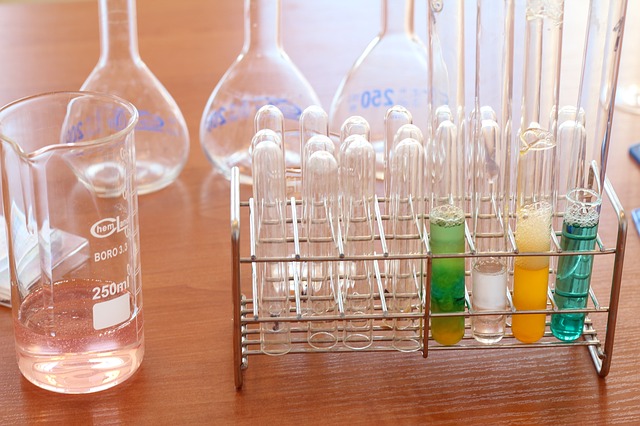INTRODUCTION
SCIENCE LABORATORY
This term is defined as the place where certain measurements, experiments, and scientific researchers are carried out in controlled conditions.
Check out: Occupational Health and Safety – Hazards and Protection
TYPES OF SCIENCE LABORATORY HEALTH HAZARDS
There are different types of science laboratory hazards that pose serious threats to human health. The main types of laboratory hazards are described below.
-
CHEMICAL HAZARDS
Chemical hazards are defined as substances that may contain toxic chemicals. Exposure to toxic substances can cause severe health complications.
SOURCES OF CHEMICAL HAZARDS
Sources of chemical hazards in science laboratories also include emissions or leakages.
- Compressed gases
- Fumes from Paints
- Solvents
- Anesthetic Gases
- Drugs
- Disinfectants
- Cleaning Agents
EFFECTS OF CHEMICAL HAZARDS
- Asthma
- Allergies
- Reproductive System Problems
- Cancer
You might also wish to read: What Is Environmental Toxicology And What Are Its Branches?
-
PHYSICAL HAZARDS
Physical hazards are defined as circumstances or factors that have the potential to cause health injuries.
SOURCES OF PHYSICAL HAZARDS
Sources of physical hazards in science laboratories also include thermal and mechanical hazards.
- Vibration from Pressurized Equipment
- Radiations from chemical compounds
- Heat from Oven
- Fire from Stoves
- Slips and Falls
- Sharps
- Compressed Gases
- Laser
- Noise
EFFECTS OF PHYSICAL HAZARDS
- Muscle Pain
- Injuries
- Disabilities
-
BIOLOGICAL HAZARDS
Biological hazards are also known as biohazards. These hazards are biological substances (sample containing microorganisms) that can potentially lead to dangerous diseases in humans.
A biological hazard, or biohazard, is a biological substance that poses a threat to the health of living organisms, primarily humans.
SOURCES OF BIOLOGICAL HAZARDS
Sources of biological hazards include things that are contaminated with microorganisms.
- Virus
- Bacteria
- Fungi
The animals could be a source of parasites and may bring biohazards (such as hair, molds, and spores) in the science laboratory.
- Rats
- Cats
- Birds
- Insects
EFFECTS OF BIOLOGICAL HAZARDS
- Allergies
- Infections ( AIDS)
- Cancer
- Skin Irritations
-
PSYCHOLOGICAL HAZARDS
Psychological hazards are also known as psychosocial hazards. These are not related to substances but to working circumstances and work stress in the science laboratory. Work stress may include the design, context, and economic value of work being performed.
SOURCES OF PSYCHOLOGICAL HAZARDS
Sources of psychological hazards in science laboratories could be in urgent need of results and workloads.
- Traumatic Events
- Harassments
- Violence
- Extended Working Period
EFFECTS OF PSYCHOLOGICAL HAZARDS
- Fatigue
- Anxiety
- Mental Illness
- Poor Concentration
Also read: Types Of Economic Activities And Related Occupational Risks
-
ERGONOMIC HAZARDS
Ergonomic hazards are defined as physical conditions that cause complications related to the musculoskeletal system.
SOURCES OF ERGONOMIC HAZARDS
Sources of ergonomic hazards in science laboratories include sitting arrangements.
- Poor Posture
- Vibration
- Repetitive Movements
- Lifting
- Uncomfortable Chairs
EFFECTS OF ERGONOMIC HAZARDS
- Musculoskeletal Disorder
- Fatigue
- Muscle Strain
- Sharp Pain
CONCLUSION
The field of science is incomplete without laboratory experiments and research. In universities and public places, there are laboratories that are providing the services of medical tests, x-rays, etc. The use of equipment, chemicals, and various other things can lead to health hazards. Precautionary measures must be followed while performing work in the science laboratory.
Also check out: Occupational Hazards of Carpentry – Causes, Effects, Control
I hope you all liked this post! Please comment below if you have any suggestions, comments, or feedback! We at #envpk love hearing from our readers! Thanks!




